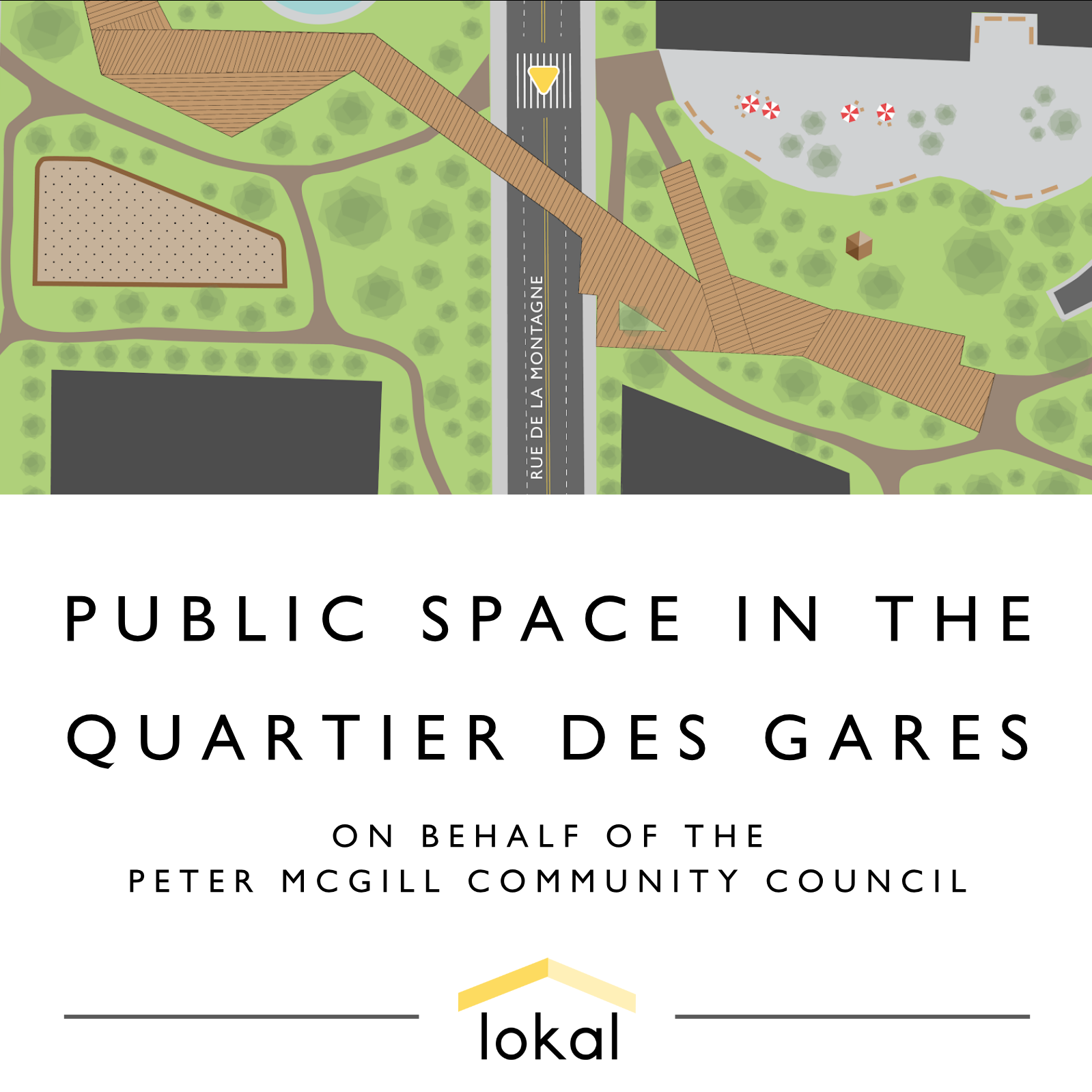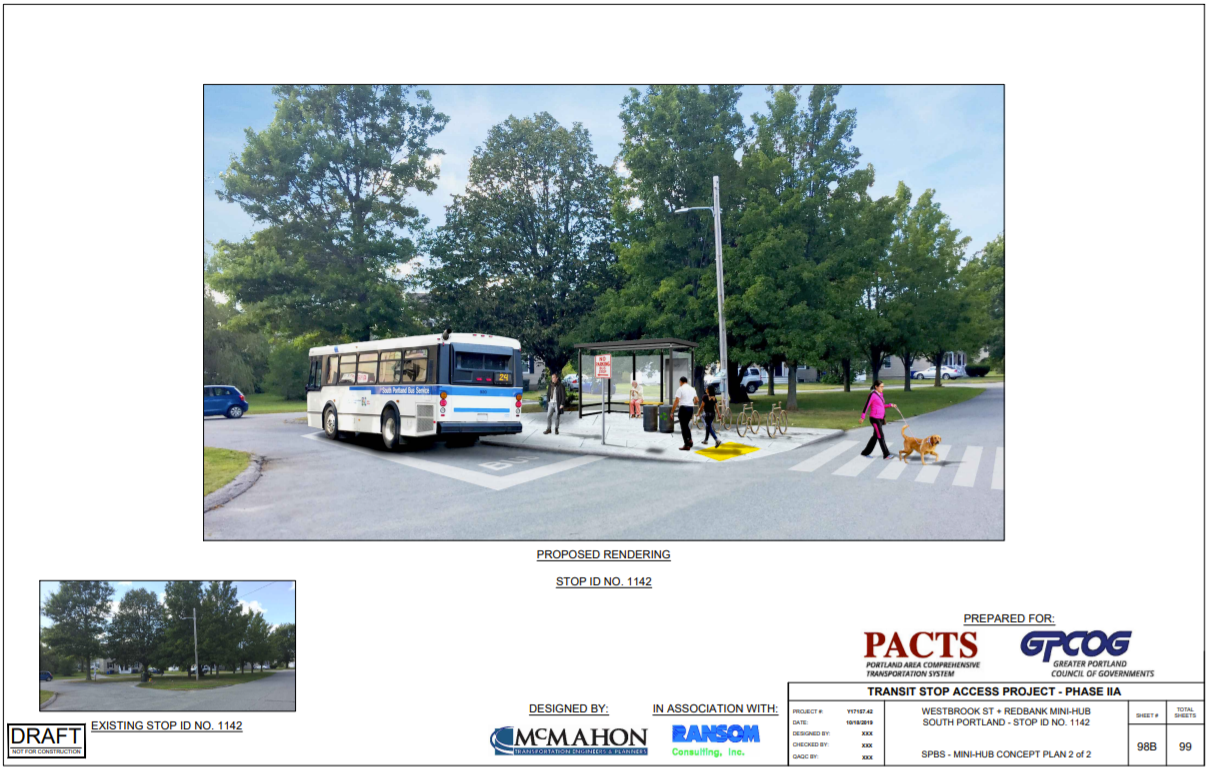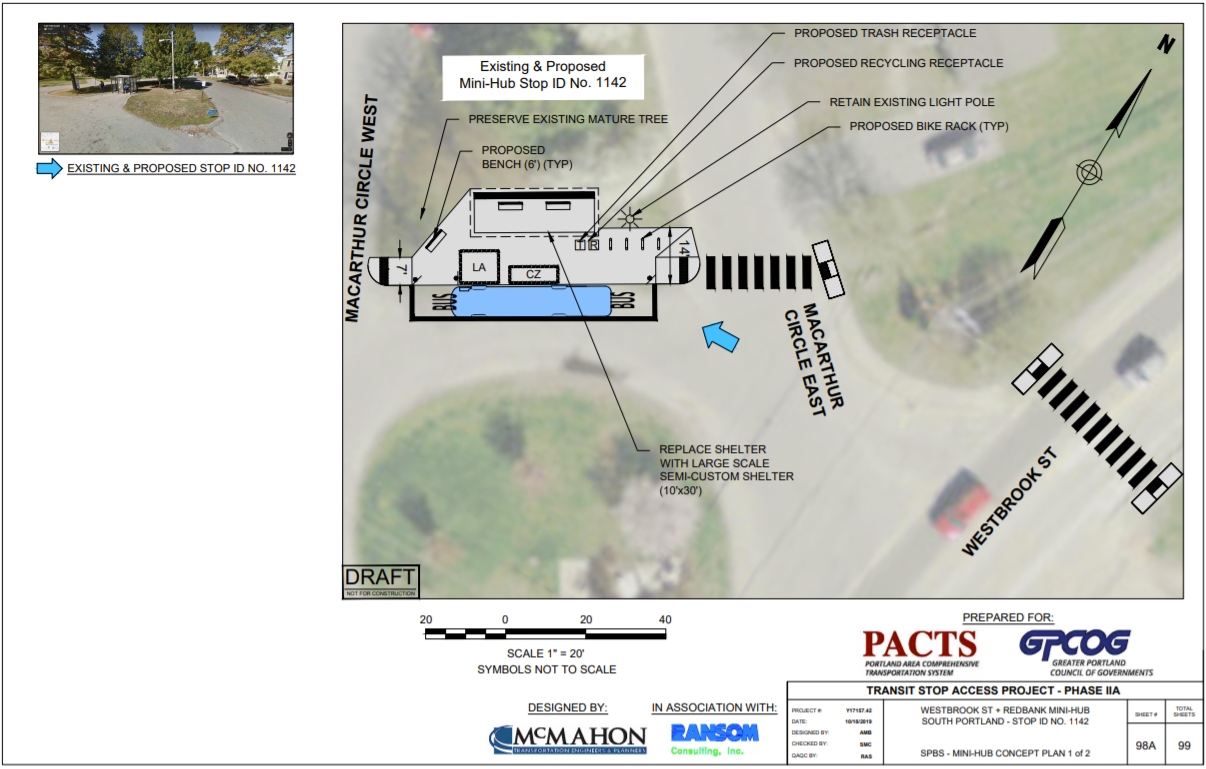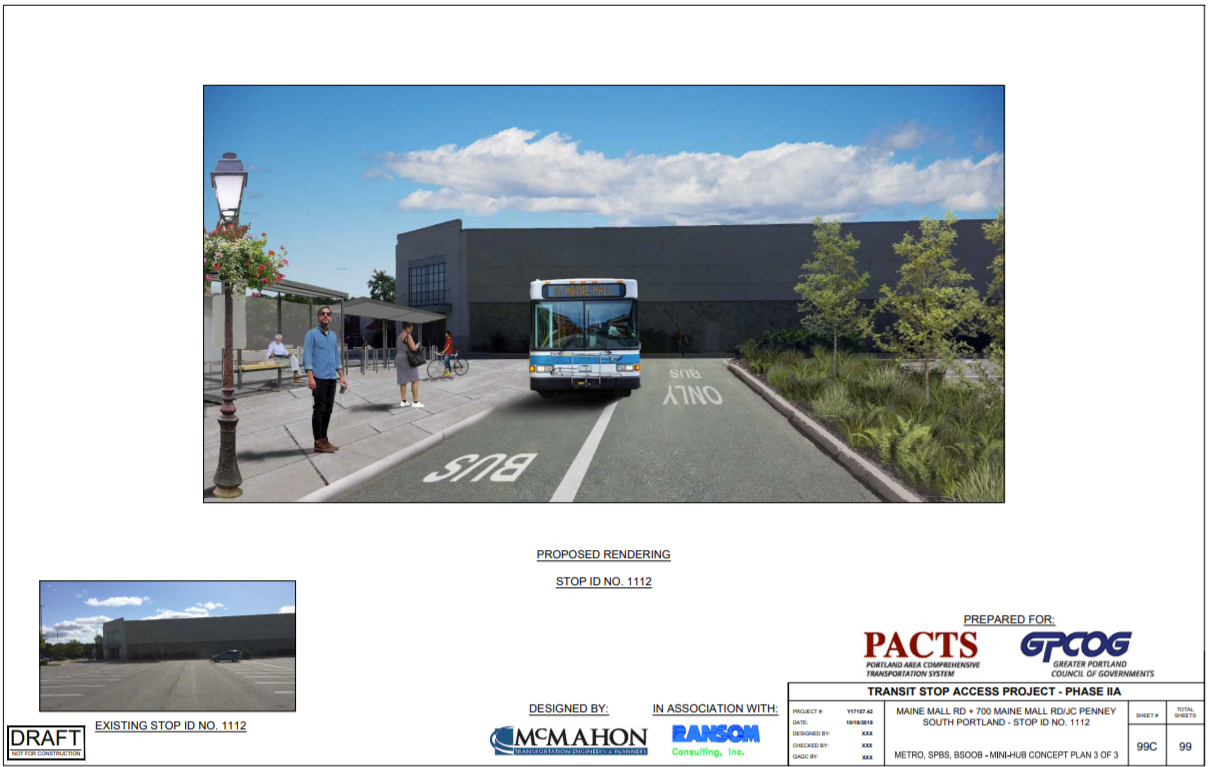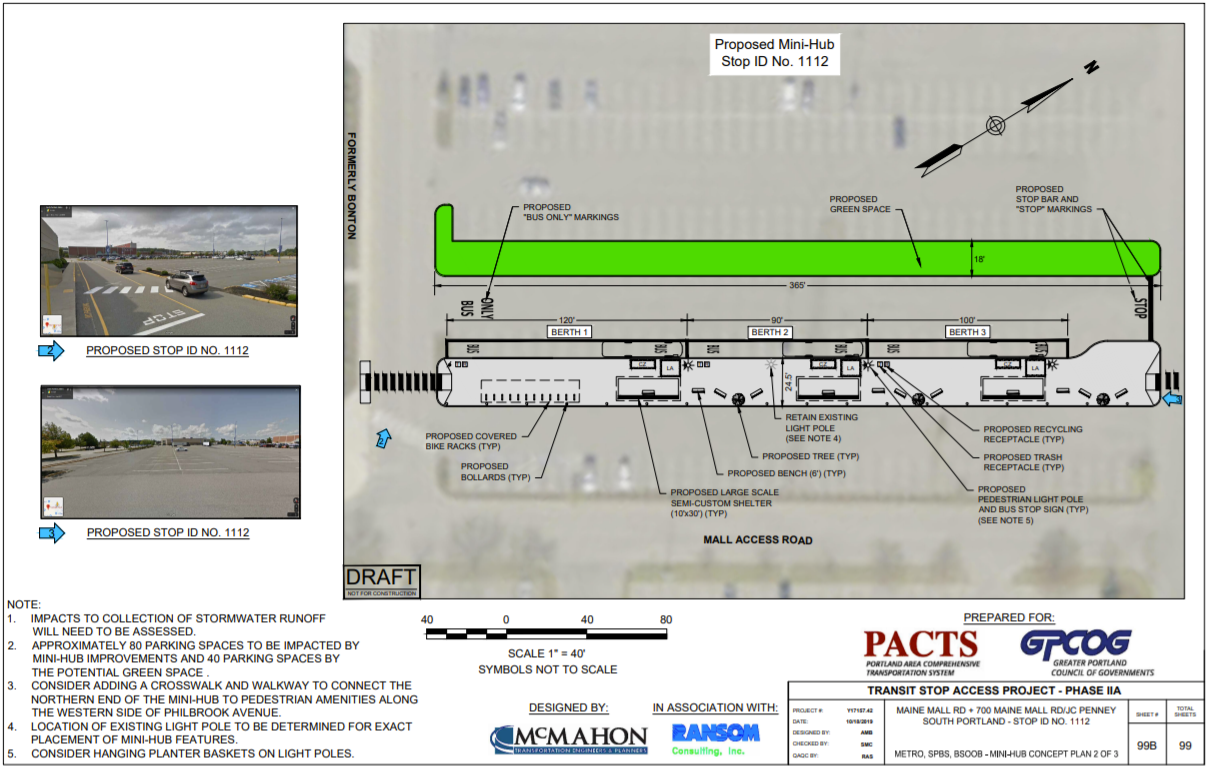“Complete Streets” is a concept that reimagines North America’s transportation system. Complete Streets are defined as streets for everyone, made to enable safe access for all users, including pedestrians, bicyclists, motorists and transit riders of all ages and abilities. While this definition is meant to allow a wide spectrum of players and perspectives to enter the conversation around street redesign, not all communities and population groups appear to have equal value and inclusion in Complete Streets public processes.
This research report on Community Impact & Complete Streets aims to answer the question: If and how can Complete Streets policies better address equity and social inclusion through their creation, implementation, and coordinated municipal planning? The report reviews three case studies of municipalities where local governments have enacted Complete Streets policies: Somerville, Massachusetts; Baldwin Park, California; and Portland, Oregon. The report reviews existing literature to provide larger context for these cases, and concludes with key findings and recommendations which city planners may use to improve their own Complete Streets policies and related projects in the future.
To view or download the entire report, click here.






